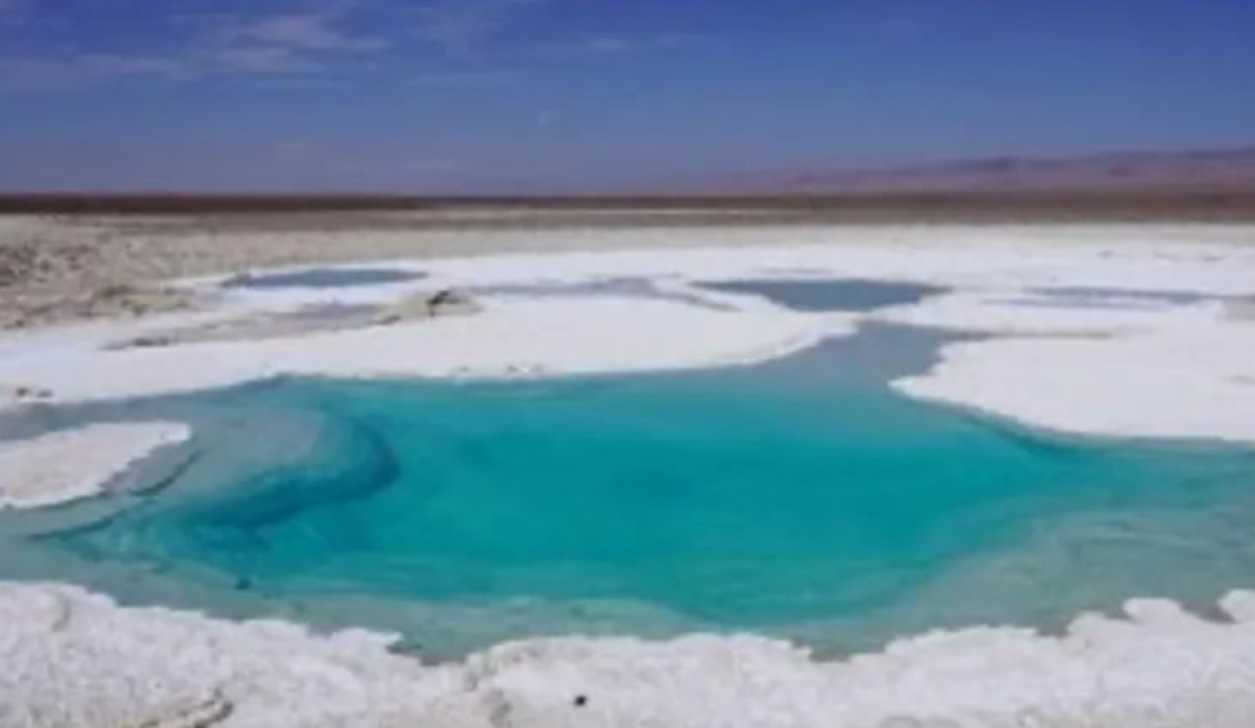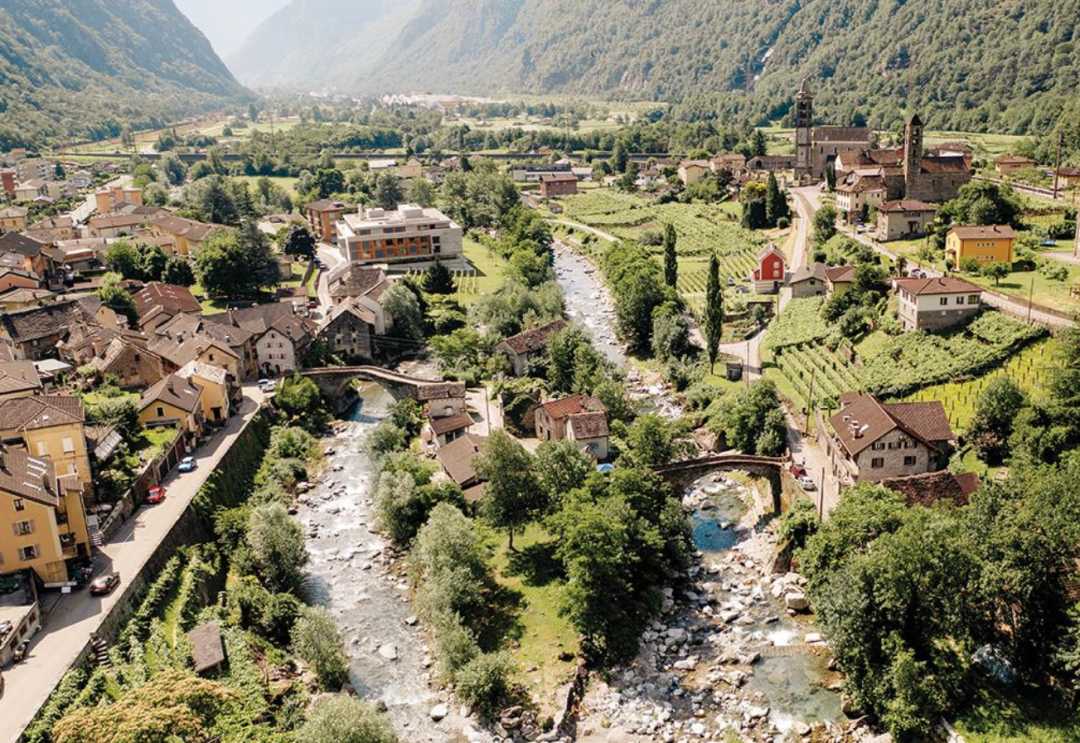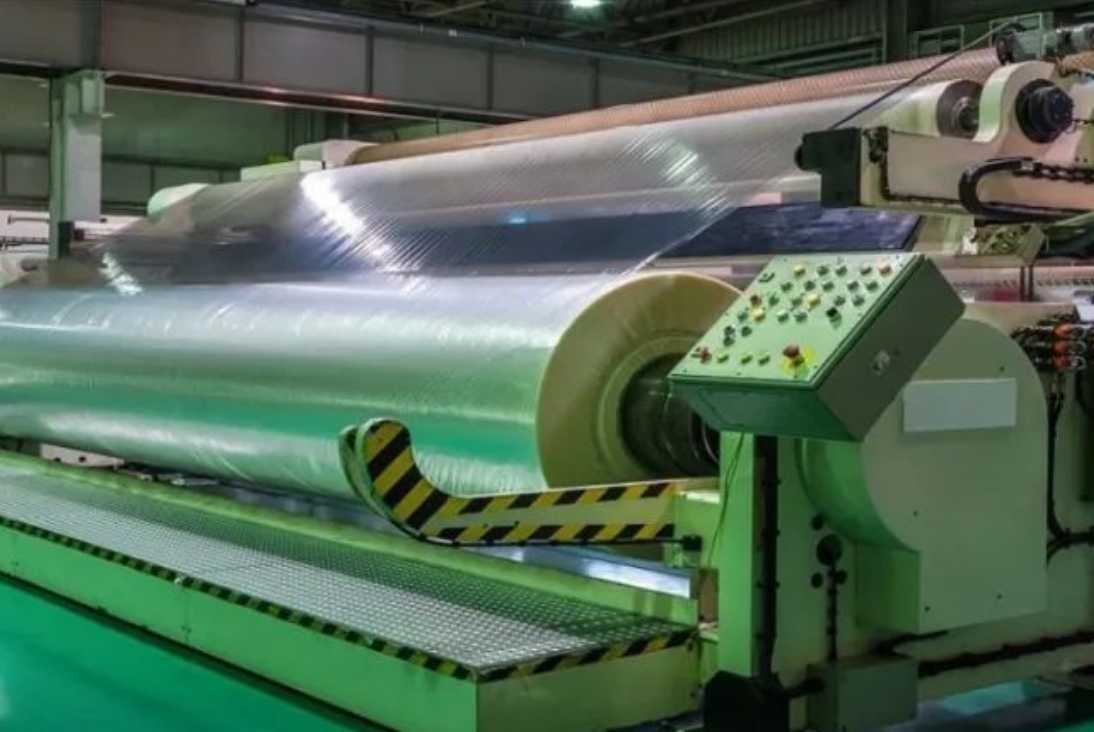Emergency testing in Mekong tributaries as Chinese-owned mine suspected of discharging poison into rEmergency testing in Mekong tributaries as Chinese-owned mine suspected of discharging poison into river!
Emergency testing in Mekong tributaries as Chinese-owned mine suspected of discharging poison into river!
On April 1-2, Piyanu, Director of the Environment and Pollution Monitoring Office, Region 1 of the Pollution Control Department of Thailand, led a team to sample the bottom sediment of the Kok River, a tributary of the Mekong River.
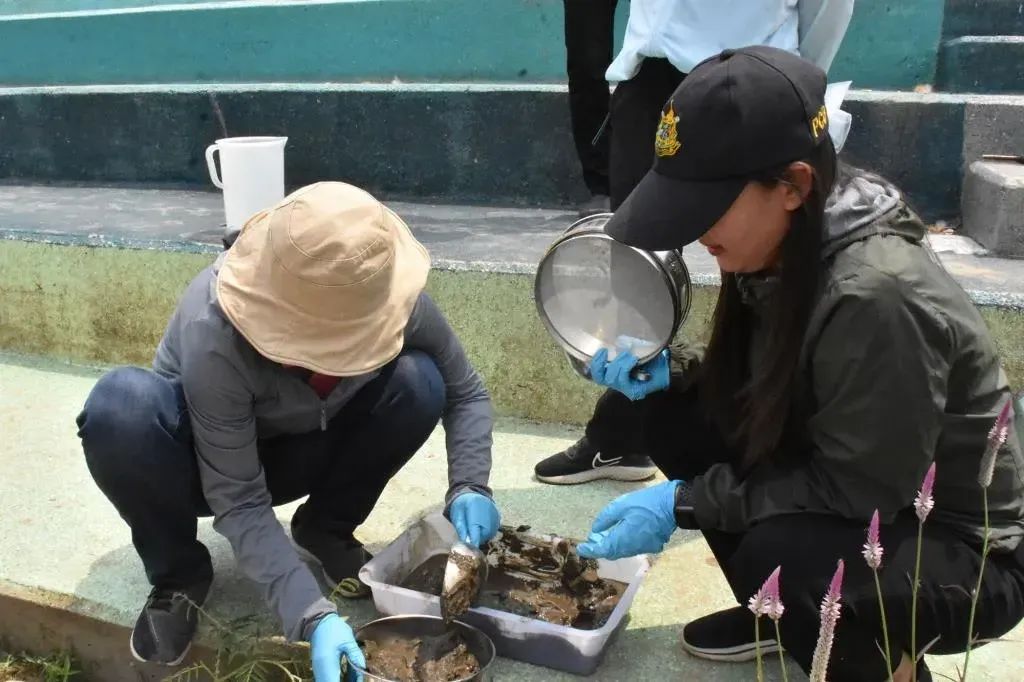
Source: Images from the Internet, if there is any infringement, please contact the removal of
The operation was a follow-up to an earlier investigation into the unusually turbid water quality of the river, which flows from Shan State in Myanmar through Mae Ai District in Chiang Mai Province to Chiang Rai Province, where it eventually joins the Mekong River.
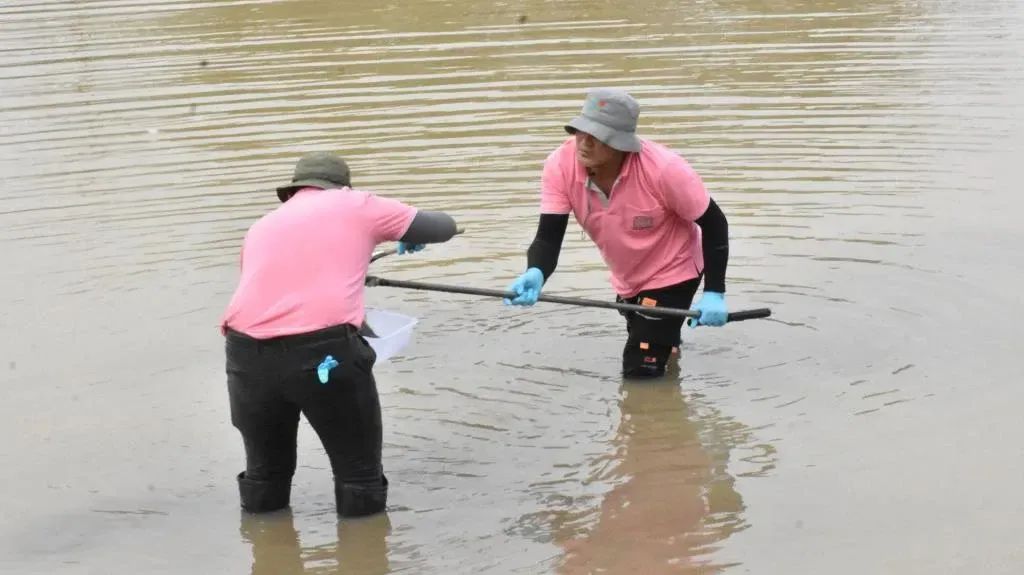
Source: Images from the Internet, if there is any infringement, please contact the removal of
Piyanu said the river had been in an unusual condition since late March, and that the focus was on the sediment because it could better reflect the concentration of pollutants such as heavy metals and cyanide, and as an aquatic habitat was directly related to the safety of the food chain.
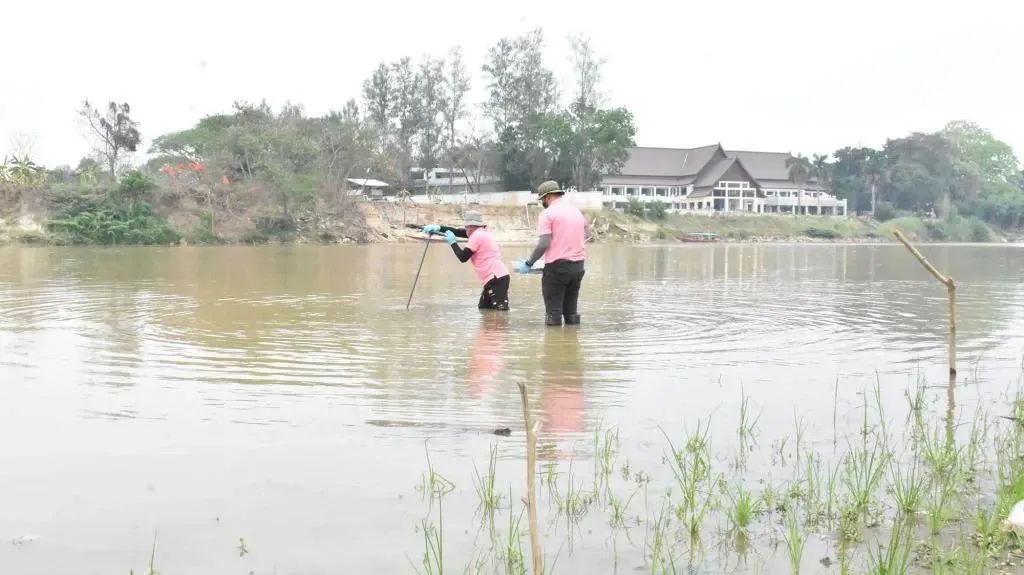
Source: Images from the Internet, if there is any infringement, please contact the removal of
The team reportedly set up three sampling sites in Chiang Rai province (including Ban Pong Na Kham village, where the intake of the local village water plant is located), and three additional monitoring sites in Tatun town, Mae Ai district.
It was revealed that although initial water quality tests in late March in the Mae Aye district section of the river did not reveal any health-hazardous heavy metals or cyanide, the turbidity visible to the naked eye was significantly higher than in the Chiang Rai section of the river.
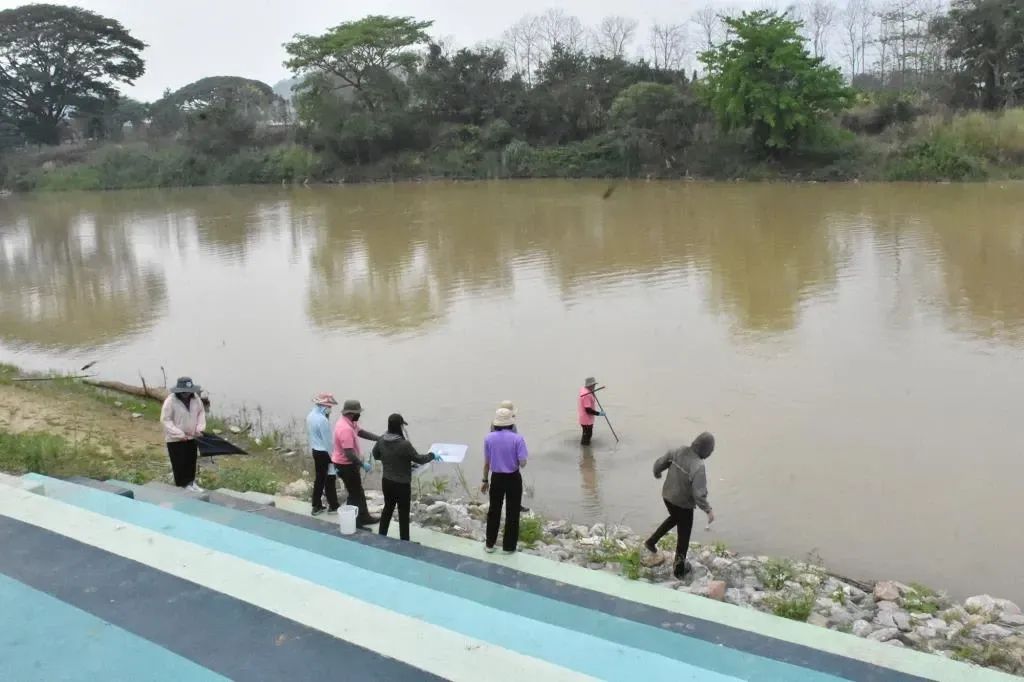
Source: Images from the Internet, if there is any infringement, please contact the removal of
Local residents reflected that their relatives in Myanmar's Mongsa and Wa Special Region (Region 2) revealed that 23 Chinese-owned mining companies, mainly gold mines, were operating around Hong Village, 36 kilometers from the Thai-Myanmar border, and suspected that irregular discharges were causing cross-border pollution.
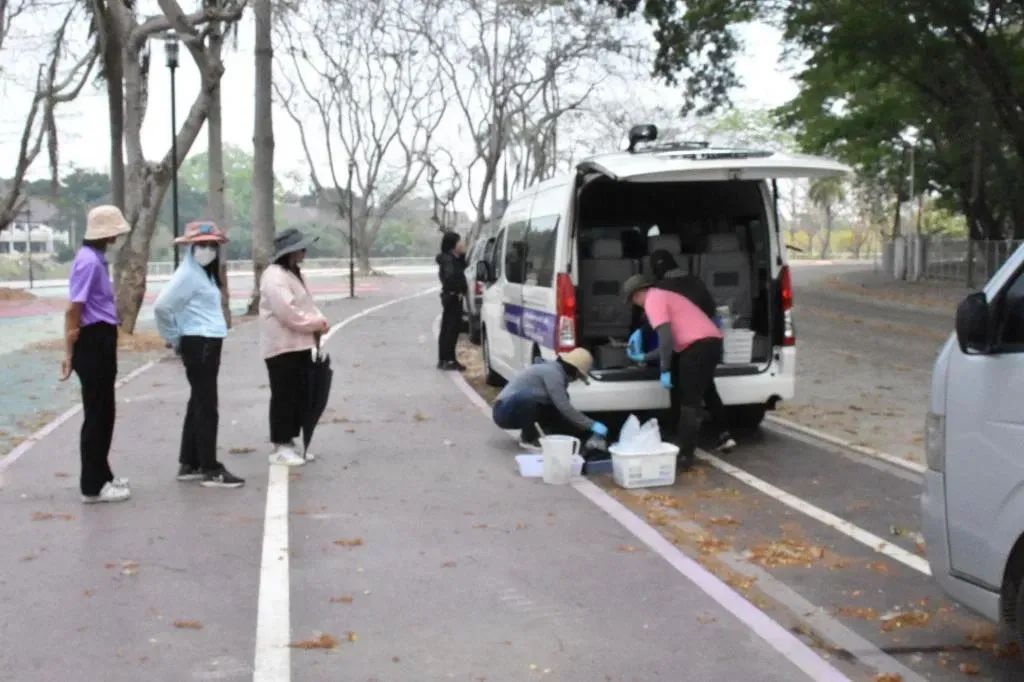
Source: Images from the Internet, if there is any infringement, please contact the removal of
Detectives have pointed out that sediment analysis is more revealing of long-term pollution than water quality testing, and that a full report will take about two weeks to produce.
Thai authorities are now closely monitoring the situation, which has raised widespread concern about cross-border environmental governance.


